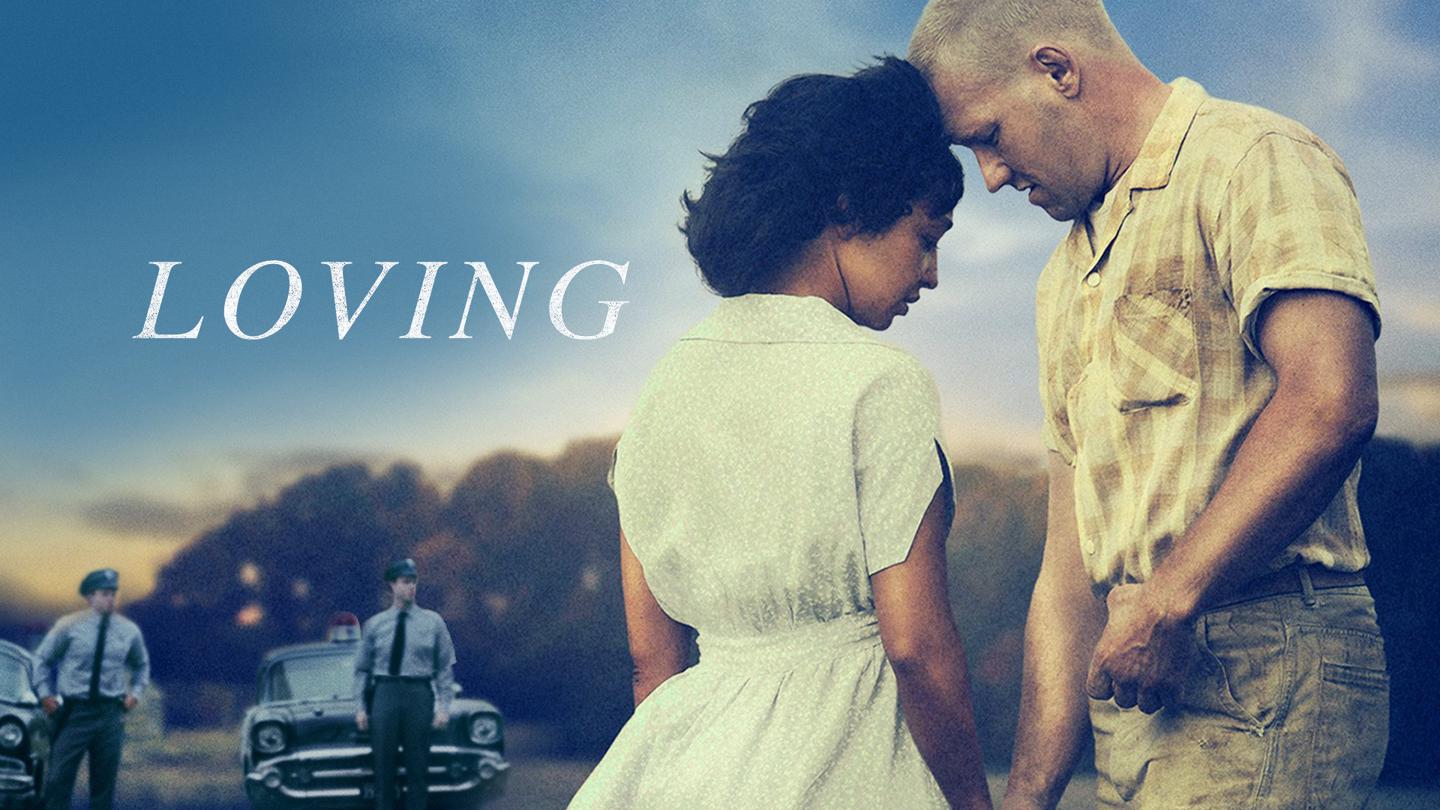A Beautiful Day in the Neighborhood

Quick Info
Let me just start by saying, I went into A Beautiful Day in the Neighborhood with mild skepticism. Do we really need another movie about Mister Rogers? In an era of cynicism and hot takes, a movie about the gentle host of a children’s show seemed almost too earnest. But honestly, this film, directed by Marielle Heller and anchored by Tom Hanks, managed to catch me entirely off-guard in the best possible way.
The story unfolds less as a straightforward Fred Rogers biopic and more as the spiritual opposite of the “troubled genius” trope that dominates most biographical films. It’s told through the eyes of Lloyd Vogel (Matthew Rhys), a battered and bitter Esquire journalist assigned to profile Rogers. From the get-go, the tone aims for something shaggier and more wounded than the bright red cardigan would suggest. Don’t expect back-to-back nostalgia hits here — the film leans into hard-earned emotional territory.
Tom Hanks as Fred Rogers is… well, slyly perfect. He doesn’t mimic Rogers exactly. Instead, Hanks captures his strange blend of warmth and alien stillness. There’s a tension beneath Rogers’ calming cadence, a sense that he is making an everyday choice to be decent even when it’s hard. It’s an acting choice that saves the film from falling into pure sugary tribute. If anything, Hanks’s performance argues subtly that being kind is not an easy default but a practice Rogers worked at, sometimes painfully.
The cinematography is unexpectedly playful. Heller uses miniature sets, much like the models on the old show, to transition between scenes and locations. These moments shouldn’t work, but they do — they keep the mood off-kilter and slightly magical, which stops the film from coming off as rote hagiography. There’s an infectious oddness to the pacing, too: the film pauses to let quiet, awkward moments linger. At first, it’s unsettling, as if you’re waiting for a punchline that never comes, but then it becomes almost meditative.
Emotionally, the film punches harder than you might expect for a story about a man who talks to puppets and sings about feelings. There’s a scene — I won’t spoil it, but it takes place in a diner — that asks the audience for ten seconds of silence. It’s bold in its sincerity and somehow pulls it off without tipping into parody. You might find yourself sniffling without warning, especially if parental wounds are at play in your life.
Not everything lands. The script sometimes gets a little too obsessed with underscoring how special Rogers was. There’s a bit of emotional manipulation, especially in scenes that paint him as almost saintly. The subplot involving Lloyd’s father (Chris Cooper) at times veers into melodrama and doesn’t always mesh with the subtler magic conjured up elsewhere. Those moments feel like a nod to formula instead of the weird, honest beats that stand out.
What I appreciated most is that the movie isn’t really trying to tell you Fred Rogers was a saint. It’s digging into how hard it is for people — grown-ups, especially — to admit vulnerability and forgive. The real subject is emotional honesty. Tom Hanks’s delivery of Rogers’ signature empathy weirdly acts as a challenge to the audience: Will you respond with patience or with more armor? It’s rare for a film this gentle to feel like it’s quietly confronting you.
If you walk in thinking this is going to be nostalgia-driven fluff for kids or “Mister Rogers’ Greatest Hits,” you’ll be surprised. It’s a patient, sometimes spiky, often moving look at what it means to live one’s values for real. It’s not perfect — a little too tidy at times, maybe — but as biopics go, it earns your attention without ever once yelling for it.
The R8 Take
Sweet but never cloying, it’s like the emotional sibling to Spotlight — you’ll leave with your faith in people shaken and somehow, weirdly, restored.



